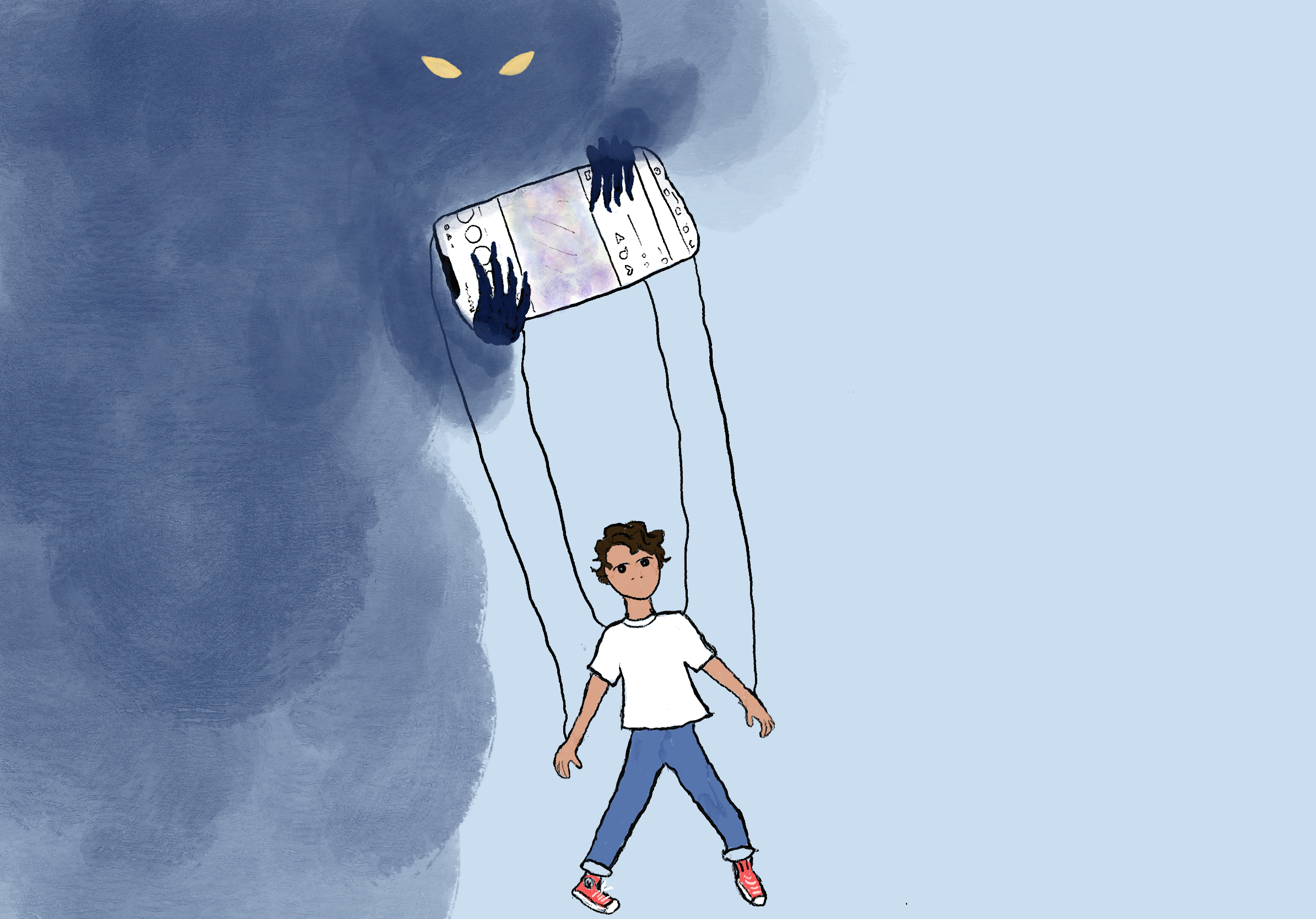Recommended ReadsOctober 12th, 2021
Work futures and work realities

What impact do you believe artificial intelligence will have on the future of work? Perhaps it’s less menial tasks and more time for collaboration and creativity. Or maybe you predict something slightly gloomier, like job losses, industry failures, or creepy cyborg colleagues.
Some data ethicists are warning us not to ponder too long. In her book, ‘The Artificial Revolution’, data ethicist Ivana Barotelli provides accounts of people whose “invisible” labour is already reshaping the future of work today.
Even advanced machine learning technologies require some human training. And it’s this human input that is putting people the world over through a host of questionable work practices.
These ‘ghost workers’ are often paid less than minimum wage, some as little as one cent per task. It’s not just unfair remuneration that contributes to unethical conditions. Some workers experience emotional damage, after spending hours sifting through x-rated content, flagging instances of sexual and physical abuse.
As you may imagine, these roles are often fulfilled by the financially unstable, such as retirees, graduates, and solo parents and carried out in settings more akin to sweatshops than Silicon Valley hubs.
Many of these practices have been borrowed from legacy industries (I’m looking at you, fast fashion). But with emerging industries like AI, Bartoletti calls for a “nuanced debate, and pause” that will give ordinary citizens the opportunity to understand and contribute to discussions about how we wield this powerful tool.
If you, like me, feel incredibly unprepared for such debate, her book is a great place to start.


